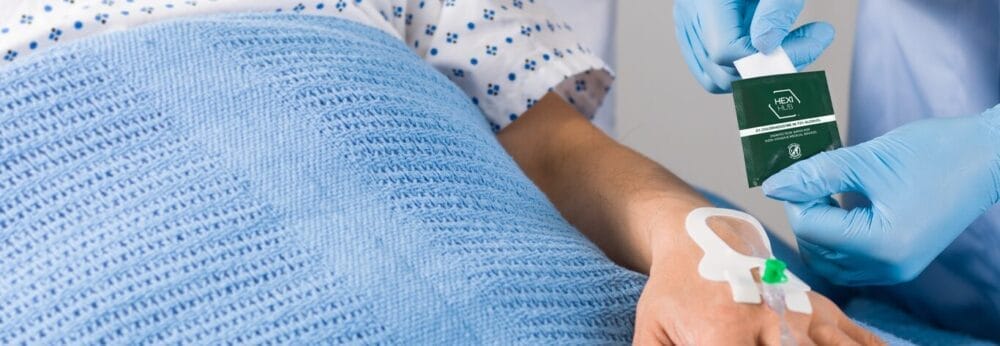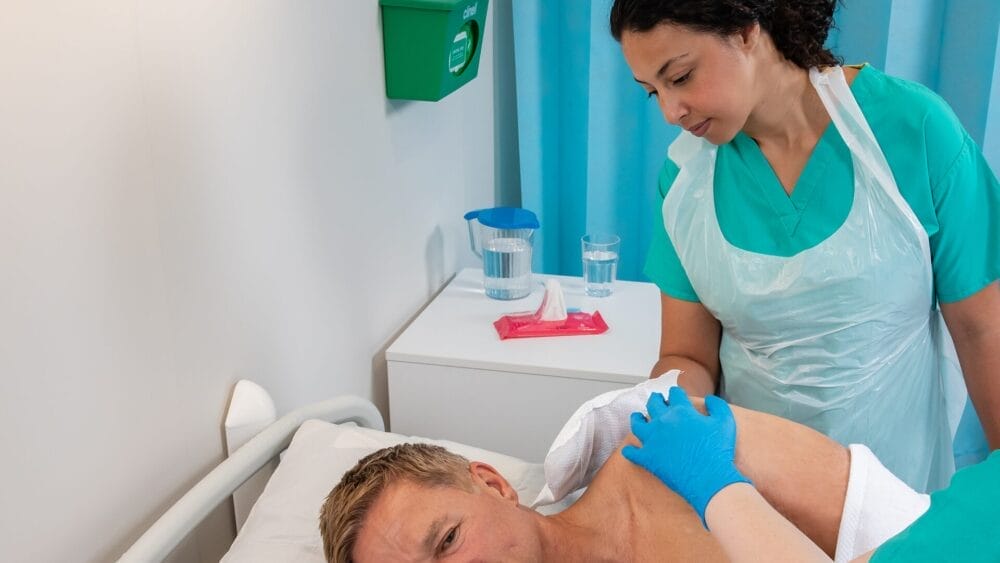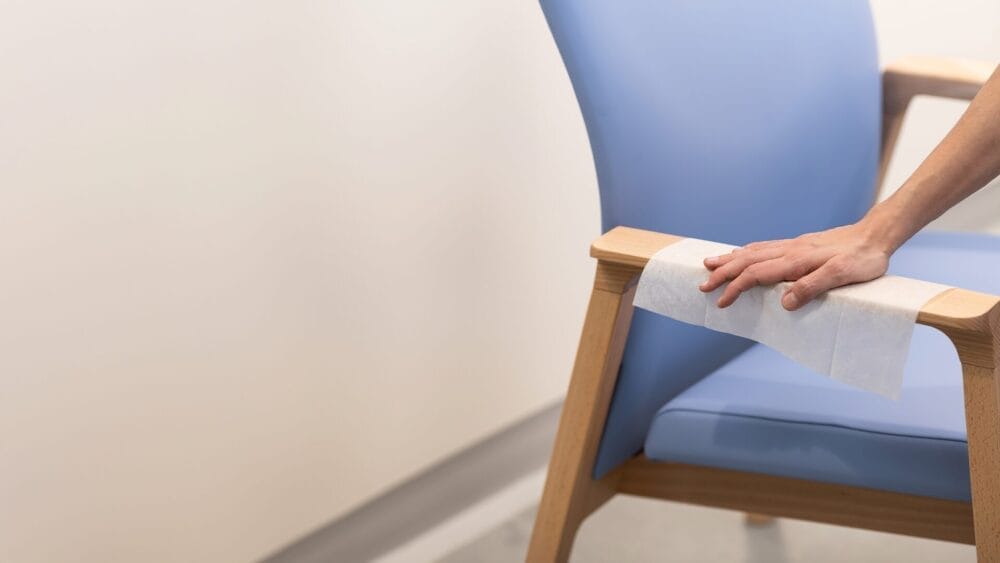Posted
21st June 2022
Events and Exhibitions
In honour of World Continence Week, GAMA’s Clinical Specialist, Georgina Saviolaki shares her highlights from the Association of Continence Advice (ACA) 2022.
After a two-year absence, the ACA met face-to-face in Bristol on 16th and 17th May which brought together a mix of healthcare specialists, including continence nurses, urologists, and primary care professionals. Over two days, there was an abundance of educational sessions, covering the areas of breaking the taboo in continence care, antimicrobial resistance and supporting patient self-care along with patient and staff education.
“Everyone should be able to talk freely about incontinence problems”
Polly Weston, chair of ACA, opened the conference by welcoming everyone. Patients were also invited to share their own unique experience of incontinence. The key message was that everyone should be able to talk freely about incontinence problems. The role of nurses and other HCPs was highlighted as an invaluable source of support to patient care.
RELATED CONTENT: What is MASD Awareness Day & why is it important?
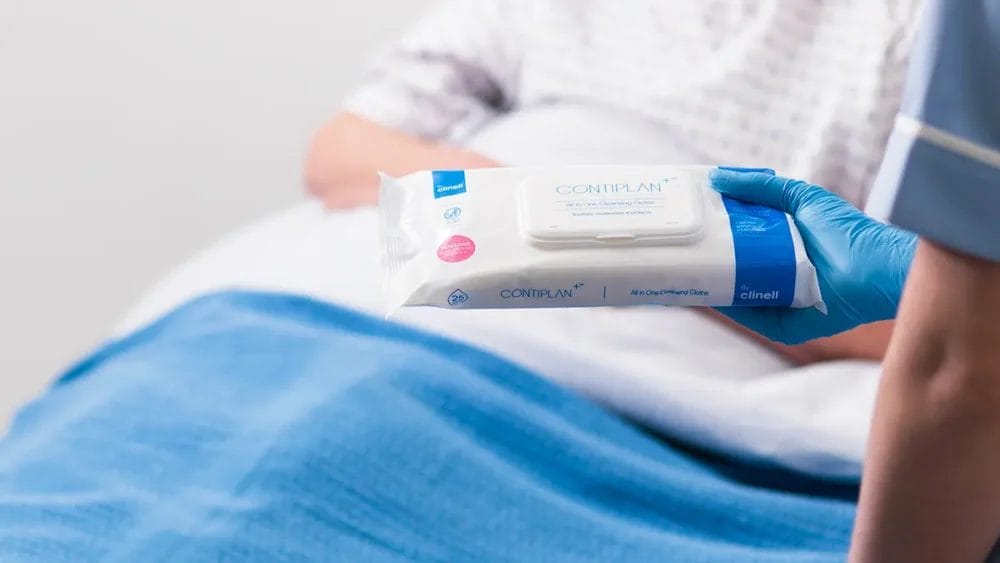
The National Bladder and Bowel Health Project
Other sessions discussed constipation and implications of faecal incontinence. Sue Doheny, Regional Chief Nurse (Southwest), presented the National Bladder and Bowel Health Project (NBBH), which implements the recommendations from the NHS England Excellence in Continence Care (published in 2018). The main objectives of this project are to focus on evidence-based patient pathways, have the correct leadership to deliver the long-term plan and raise the profile on BBH and improve patient experience.
The project focuses on three clinical workstreams:
- Patients with bladder needs.
- Patients with bowel needs.
- Paediatric population, including those with learning disabilities as they are more prone to bladder and bowel issues.
Overall, the project supports early assessment using the right questions to enable early diagnosis, the right language to educate patients and parents, while building the confidence and knowledge of the workforce.
CONfidence – the self-help continence promotion app
In addition, Nursing Times award winning app, CONfidence – the self-help continence promotion app, was presented by Prof. Nikki Cotterill. The app was successfully launched in World Continence Week in 2021 and has now been embedded in local pathways. The development of the app was prompted by the fact that patients with bowel and bladder issues often don’t report or seek expert advice. It was discussed how a multidisciplinary team of clinicians, patients, and academic experts, collaborated to develop the right content in the right language for patients with bowel and bladder incontinence, to support self-help. The app has been particularly beneficial during the pandemic as it provides education, advice and product information, helping patients to manage symptoms and improve their quality of life.

Breaking the taboo around incontinence
Day 2 was followed by other series of interesting and educational sessions such as breaking the taboo in continence care, by Tess Wragg, Clinical Editor of Nursing Times. Tess discussed the taboo around incontinence and the implication to patients and healthcare staff. Patients feel embarrassed and lacking knowledge and understanding of their condition, which also works as a barrier to access healthcare services. On the other hand, healthcare professionals don’t often ask questions regarding bowel and bladder health. It has been identified that more education is required in both health professionals and the public regarding continence care.
RELATED CONTENT: Incontinence Myths vs. Facts
How antimicrobial resistance links with continence care
Elizabeth Beech, Regional Antimicrobial Stewardship Lead Southwest Region, discussed the topic on bridging the gap between Antimicrobial Resistance (AMR) and continence. She presented how AMR links with continence care. It was emphasised that AMR and continence teams can work together to prevent urinary infections, including catheter associated UTIs. The aim has been to maximise effective treatment of UTI and minimise deterioration to reduce in-patient admissions, healthcare associated bacteraemia and risks of antibiotic resistant infections. The emergence of E. coli resistance to trimethoprim and co-amoxiclav, was mentioned. Therefore, antibiotic prescribing should be carefully considered by healthcare professionals and should be advised when absolutely necessary.
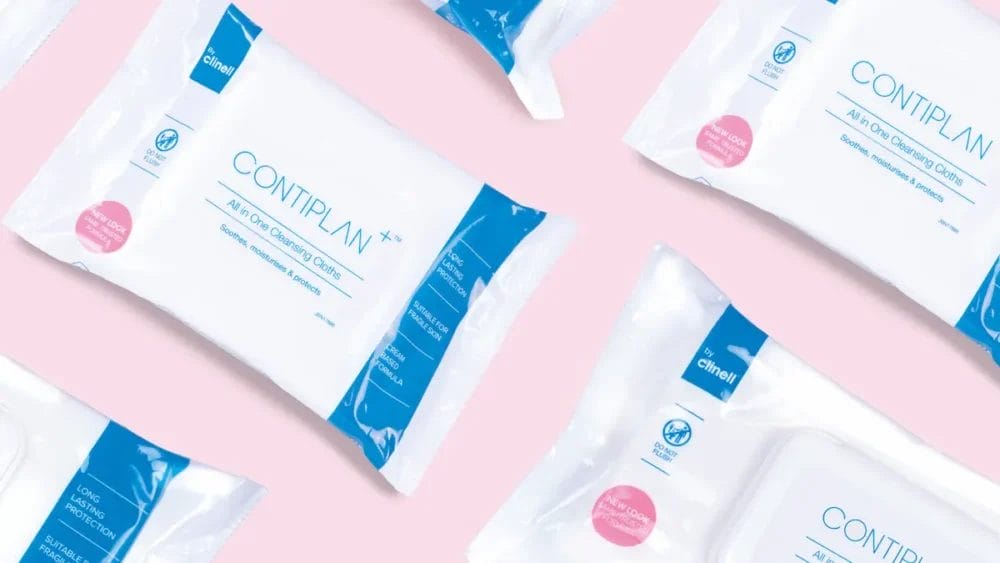
GAMA’s continence care range
At GAMA, we’ve been supporting healthcare professionals, to prevent infections in their healthcare environment and patients with continence issues with Contiplan an all-in-one cleansing cloth which cleanses, protects, and soothes in one step.
If you’d like to find out more about our continence care product, visit our Contiplan page.
SHARE THIS ARTICLE
Tags
Latest News
Embracing sustainability and cost savings: The journey of Clinell Indicator Notes to paper-based solutions
At GAMA Healthcare, we’ve always prided ourselves on being at…
Introducing HEXI HUB: A seamless transition in our product line
We’re pleased to announce an update to our product offering…
Innovative solutions for tackling Carbapenemase-producing Enterobacteriaceae (CPE) at King’s College Hospitals
King’s College Hospital NHS Foundation Trust, one of London’s largest…
Gloves Off: reducing unnecessary plastic waste during environmental cleaning and disinfection
In this blog, Dr Phil Norville discusses the momentum-gaining ‘Gloves…


